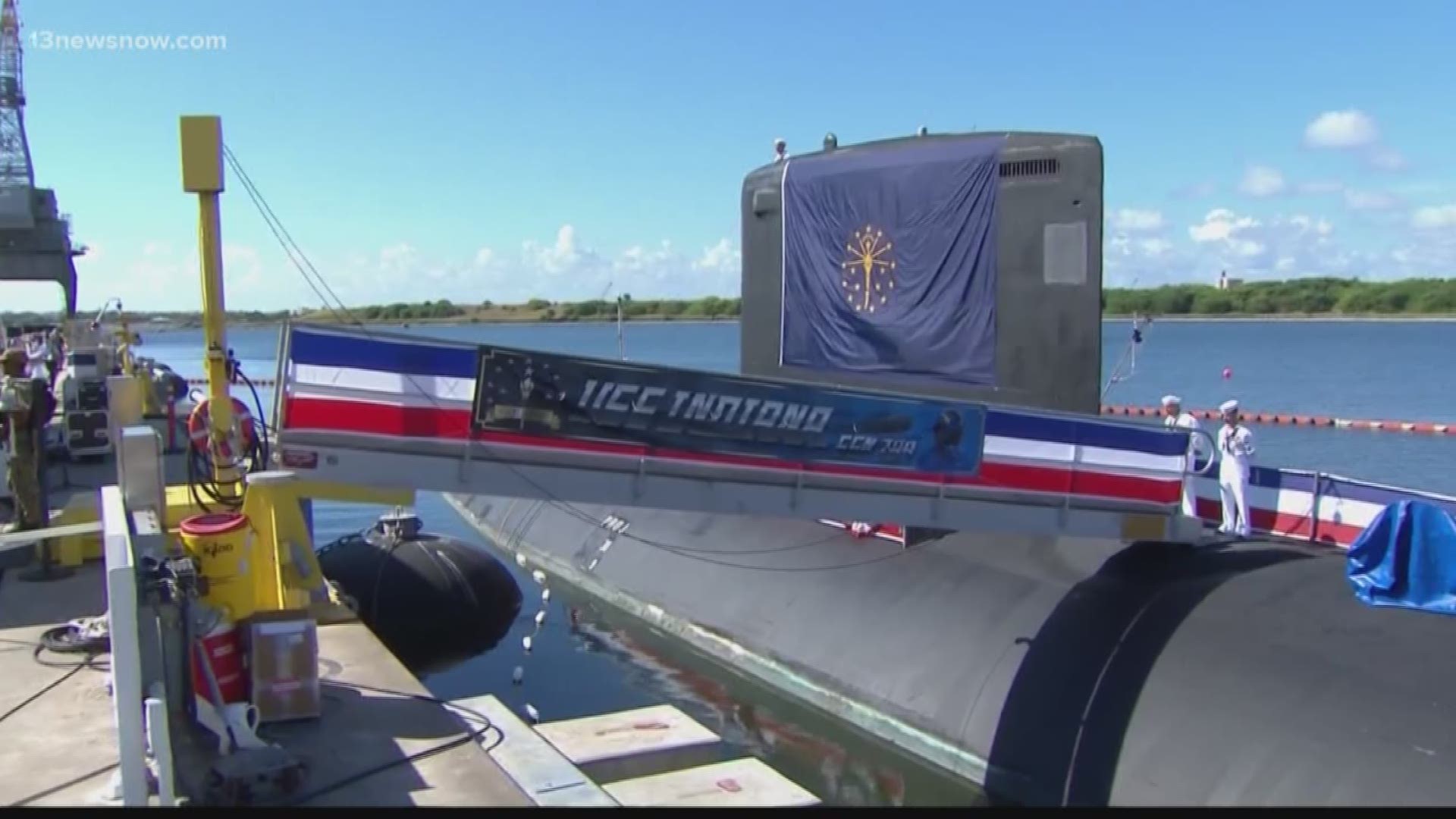WASHINGTON (Military Times) -- More than one-fourth of calls to the Veterans Crisis Line end up being redirected to other emergency response services because of ongoing problems with the services’ operations, according to a new report released Monday.
Those problems persist despite leadership changes and promised reforms at the crisis hotline in the last year, and a years-long emphasis on suicide prevention efforts from Department of Veterans Affairs officials.
“Staff did not respond adequately to a veteran’s urgent needs during multiple calls to the (crisis line) and its backup call centers,” officials from the VA Inspector General’s office said in the report. “Supervisory staff did not identify the deficiencies in their internal review of the matter.”
SPECIAL REPORT: Charlie Foxtrot
Last spring, a similar report by the office found at least 23 callers to the crisis line were transferred to voicemail systems instead of reaching emergency help. That revelation prompted harsh criticism from lawmakers, who said the mistakes literally could kill unstable veterans trying to get help.
The new analysis of crisis line operations for the last six months of 2016 found that more than 28 percent of calls to the hotline were redirected to backup centers that might not have the same training and resources to help veterans in crisis.
VA has set a goal of no more than 10 percent for “rollover” calls to the crisis line.
The report also found “deficiencies in governance and oversight” of the program’s operations, including poor record keeping to detect and correct problems with missed calls.
In a statement, VA’s acting Under Secretary for Health Poonam Alaigh said the crisis line “is the strongest it’s ever been since its inception in 2007” but acknowledged that further improvements are needed in the system.

The department opened a new Atlanta satellite office for the New York-based crisis line in October — midway through the inspector general’s review — and “has implemented a comprehensive workforce management system and optimized staffing patterns” to “provide callers with immediate service” in the future.
But officials critiquing the system say that’s not enough. The Inspector General’s office has recommended better staff education, technology support, performance reviews and call monitoring to better the system.
Calls which go unanswered by the line are mandated to be directed to backup crisis centers, so veterans seeking help aren’t left without help. But the inspector general notes that those backups may not have the same training in military-specific issues and services, limiting some of the assistance they can provide.
In a statement, House Veterans’ Affairs Committee Chairman Phil Roe, R-Tenn., called the ongoing problems “unacceptable” and asked for immediate fixes.
“The Veterans Crisis Line is intended to be the first line of defense against veteran suicide, and we must ensure calls are being answered by a trained professional in a timely manner,” he said. “I am extremely frustrated by the findings and will continue to conduct oversight so the men and women who answered the call to serve have their calls answered when they need help the most."


